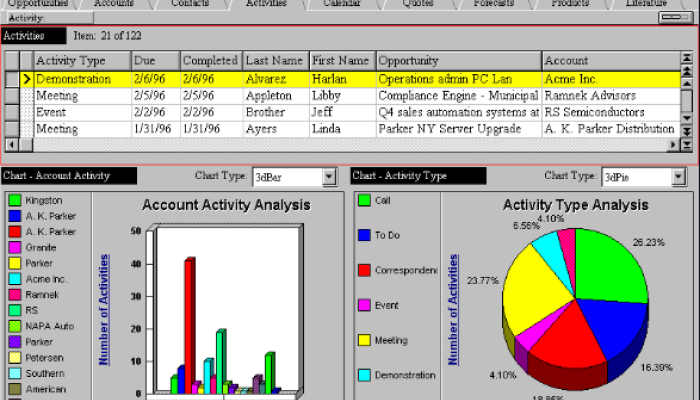
This week, our crack investigative reporting team is bringing you breaking news that we stole from the Harvard Business Review. The following tell-all will shed light on a vastly under-researched aspect of compensation in the sales industry -- quotas. There’s only one Quota newsletter, sure, but how many quotas should you have to meet in a month? 1? 4? 30?
Harvard Business School conducted a large-scale field experiment at a major retail chain in Sweden to find the answer to this very question. The company in question, which sells mainly consumer electronic goods and small home appliances, has more than 80 locations across the country. At five locations, the traditional model of compensation was kept in place -- a monthly quota in tandem with a fixed salary and a variable tiered commission of up to 2%. At the remaining retailer’s locations, a daily quota was implemented for the entire month of May 2015.
HBS hypothesized that an increase in the frequency of the quotas would provide more steady motivation for people, giving them a chance to start each day fresh rather than despairing later in the month if they weren’t on track to hit their quota. But they were also aware that a daily quota could increase stress among the sales force and sabotage their performance (you may feel your heart rate increasing right now just thinking about it). Additionally, they considered that, in an effort to meet their daily quota no matter what, people might oversell customers on things they didn’t really need and increase the rate of product returns at the company.
HBS was correct in that overall, daily quotas did lead to a slight increase in sales, especially for the bottom quartile of performers at the company, who managed a substantial 12% boost in productivity. And contrary to their prediction, salespeople -- both high and low-performers -- did not oversell customers on things they didn’t need -- rather, they sold more small-ticket items once they shifted to a daily, not monthly, sales mindset. This actually led to a decrease in product returns. The drawback was that without an eye toward selling big-ticket items, people sold less overall and hurt the retailer’s profitability.
HBS concluded that companies should consider numerous variables when integrating quotas into their compensation systems. Not only are there unintended consequences, as the researchers found, but their study only included goods with short sales cycles. Products with much longer sales cycles, they noted, might yield entirely different results under the same circumstances. For sales managers, this study shows that quota systems are at least partially a question of quantity over quality of sales. More frequent quotas, more sales, lower profits. Less frequent quotas, fewer sales, higher profits.
Interestingly, the research report concludes with this: “Finally, the venue was in Sweden, a country well known for its high tax rate and generous social security programs. Accordingly, fairness and a sense of community in that society is a prominent social norm. One could speculate that our findings and the size of the effect would be more concrete in societies in which individualism is more the social norm.”
If nothing else, this study proves that compensation plans have a huge effect on sales rep’s behavior. Therefore, incentivizing behavior you want while disincentivizing behavior you don’t, should be at the top of management's mind when designing the comp plan. And if you believe you can just whip up any old comp plan in an hour willy-nilly, you might want to think twice.







